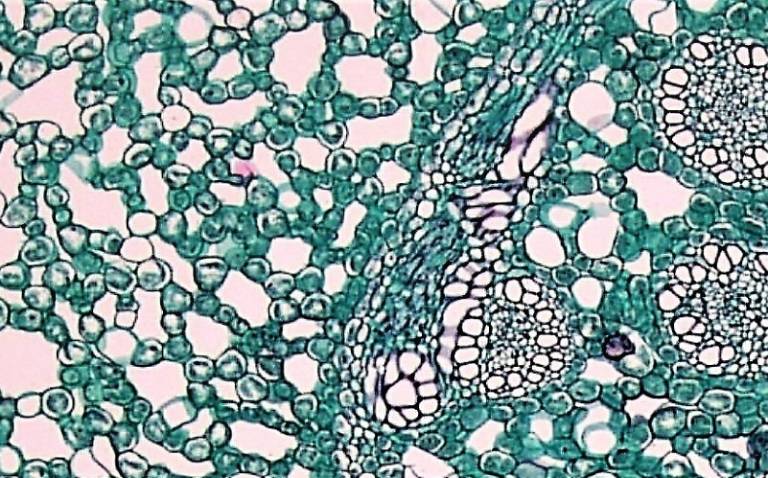UCLDH ONLINE: Dissonant Records: Close Listening to Cultural Resistance in Audio Archives
22 June 2022, 5:00 pm–6:30 pm

Multimodal Digital Oral History: The Forward-View Seminar with Tanya Clement, University of Austin Texas
This event is free.
Event Information
Open to
- All
Availability
- Yes
Cost
- Free
Organiser
-
Daniele Metilli
In this talk, I amplify salient moments in historical recordings through close listening in order to make large in the mind’s ear the significance of silenced dissonance in the archives. Close reading is a hermeneutic in which scholars amplify word choice, style, syntax, visual form, and material context (among other factors) as they relate to meaning in a text. Poet and scholar Charles Bernstein, who calls sound hermeneutics “close listening,” maintains that this mode of interpretation comprises a focus on “sound as material, where sound is neither arbitrary nor secondary but constitutive” of meaning (Bernstein 1998, 4).
Close listening to recordings is a reminder that a recorded sound’s potential for resonance is contingent on elements of a recording that go beyond words to the nature of the sound, who made it, for what purpose--the how, when, where, who and what of the recording. Often that context reflects institutional, personal, dialogic, and material or technical aspects of the recording scenario that shape not only what’s recorded but also how what is recorded is received by the analog listener-then and the digital listener-now.
Close Listening to archival recordings of Ralph Ellison, Zora Neal Hurston, Anne Sexton, and Gloria Anzaldúa necessitates a re-call or the calling forth of new resonant opportunities for understanding the process of history as one that is still silent in DH’s modes of more distant computational listening.
Multimodal Digital Oral History seminar series takes as its jumping off point, that the time is right to pursue a Multimodal Digital Oral History, or one that engages with oral history artefacts in all their representational modalities: transcript, sound, waveform, metadata and more. This seminar accordingly invites papers that explore any of the questions posed above, and in doing so contribute to the task of imagining a “Multimodal Digital Oral History” turn. The series will take place online (Zoom).
The joint virtual seminar series will be convened by Andrew Flinn (UCL) & Julianne Nyhan (TU Darmstadt & UCL) and co-hosted by the Centre for Critical Heritage Studies UCL; the Chair of Humanities Data Science and Methodology, TU Darmstadt, Germany; the International Centre for Archives and Records Management Research, UCL; and the UCL Centre for Digital Humanities.
About the Speaker
Tanya E Clement
Associate Professor at Department of English, University of Texas at Austin
Tanya E Clement is an Associate Professor in the Department of English and the Director of the Initiative for Digital Humanities at the University of Texas at Austin. Her primary areas of research are textual studies, sound studies, and infrastructure studies as these concerns impact academic research, research libraries, and the creation of research tools and resources in Digital Humanities (DH). She leads High Performance Sound Technologies for Access and Scholarship (HiPSTAS) for the development and interrogation of socio-technical infrastructures to increase access and scholarship with audiovisual cultural heritage collections.
More about Tanya E Clement Close
Close

